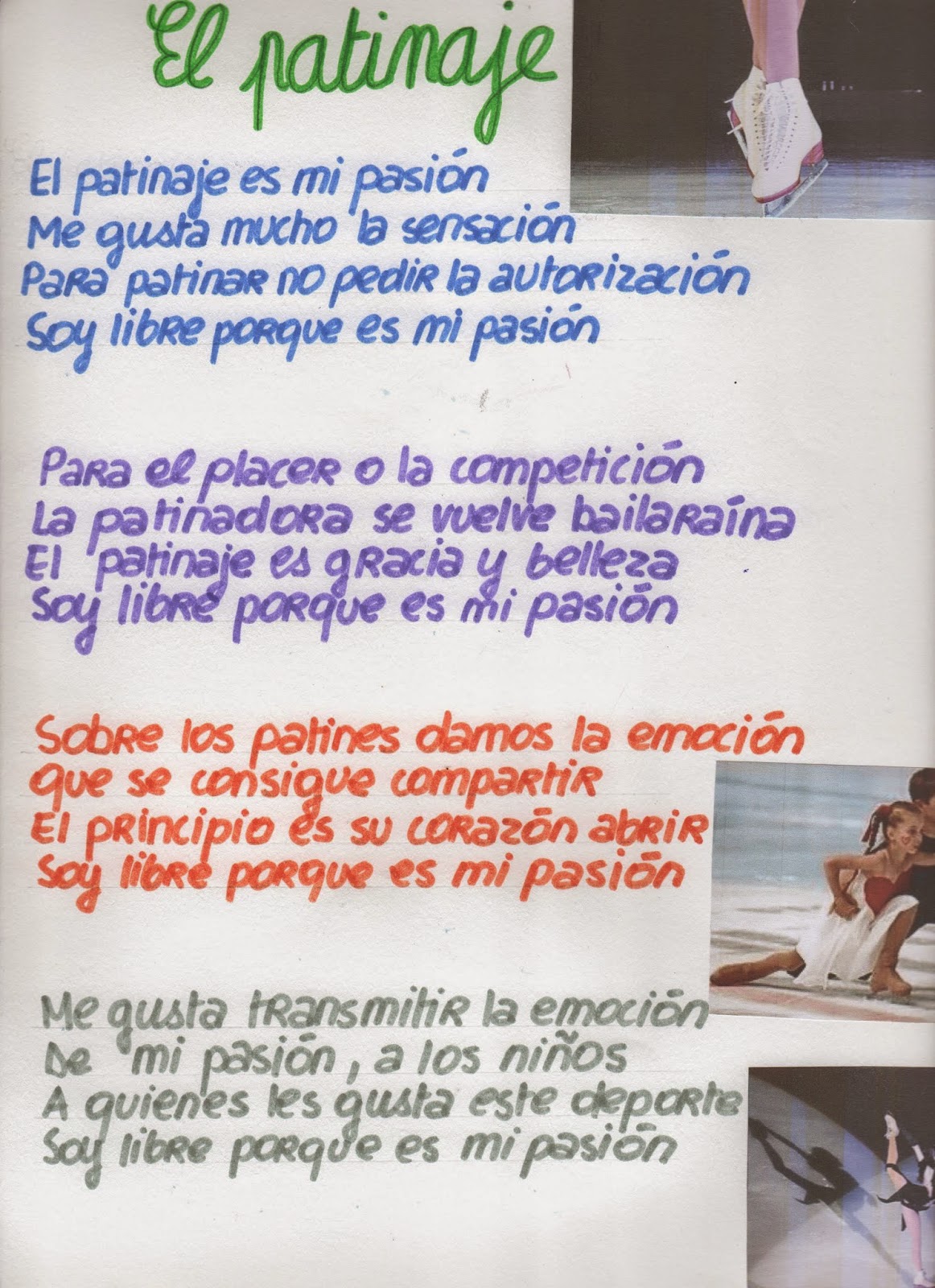This blog will collect CLIL material designed and administered in class by our teachers.
lunes, 26 de enero de 2015
viernes, 23 de enero de 2015
martes, 20 de enero de 2015
Dictogloss
¡Hola!
Dictogloss es un tipo de actividad que permite a los alumnos asegurar el vocabulario y las estructuras gramaticales de una forma motivadora. Aquí os dejo un ejemplo sobre el lanzamiento de un disco por una banda, pero, lógicamente, esta activdad puede realizarse sobre cualquier tema y en cualquier asignatura.
Procedure
1. Tell learners you are going to read a short text and they do not need to listen to every Word.
2. After they listen ask them some questions such as Where do you think you can read this text?/ What is generally about?
3. After getting feedback, tell them they will hear the text again, but this time they must write down just the key words an phrases and important information in the text.
4. After listening, let learners compare their list of words of key words. If necessary read the text once more
5. Check they have most of the key words, understand them and pronounce them.
6. Next, tell the learners to work in groups and produce their own written version of the text.
7. Learners can compare their text with those produced by others groups
8. If you wish, you can ask some of the groups lo learners to read out their reconstruction of the text
9. Next, ask the learners to compare their version of the text with the original version
10. Answer any question learners have about their version of the text. Accept and praise correct alternative expression of the content.
Dictogloss es un tipo de actividad que permite a los alumnos asegurar el vocabulario y las estructuras gramaticales de una forma motivadora. Aquí os dejo un ejemplo sobre el lanzamiento de un disco por una banda, pero, lógicamente, esta activdad puede realizarse sobre cualquier tema y en cualquier asignatura.
Mogwai:
Music Industry 3.
Fitness Industry 1.
Earlier this year, Mogwai released their eighth album
and then reissued their second one, and listening to both, one could reasonably
conclude that the Scottish art-rock quintet have either evolved considerably
over the past 15 years or not at all. Sure, Mogwai songs are no longer the
time-bombs they once were; now as reliant on sci-fi synths as nuclear guitar
blasts, their more-than-ten-minute epic songs have been reduced to more
digestible, pop-friendly forms. But on an album-to-album basis, that change has
been so incremental, it can seem like Mogwai have stand still. While their old
sneak-attack tactics have been replaced with more carefully orchestrated
ascensions, their music has nonetheless retained the slow-moving tension and
uneasy atmosphere that defined the band’s early efforts
Procedure
1. Tell learners you are going to read a short text and they do not need to listen to every Word.
2. After they listen ask them some questions such as Where do you think you can read this text?/ What is generally about?
3. After getting feedback, tell them they will hear the text again, but this time they must write down just the key words an phrases and important information in the text.
4. After listening, let learners compare their list of words of key words. If necessary read the text once more
5. Check they have most of the key words, understand them and pronounce them.
6. Next, tell the learners to work in groups and produce their own written version of the text.
7. Learners can compare their text with those produced by others groups
8. If you wish, you can ask some of the groups lo learners to read out their reconstruction of the text
9. Next, ask the learners to compare their version of the text with the original version
10. Answer any question learners have about their version of the text. Accept and praise correct alternative expression of the content.
domingo, 18 de enero de 2015
Suscribirse a:
Entradas (Atom)























